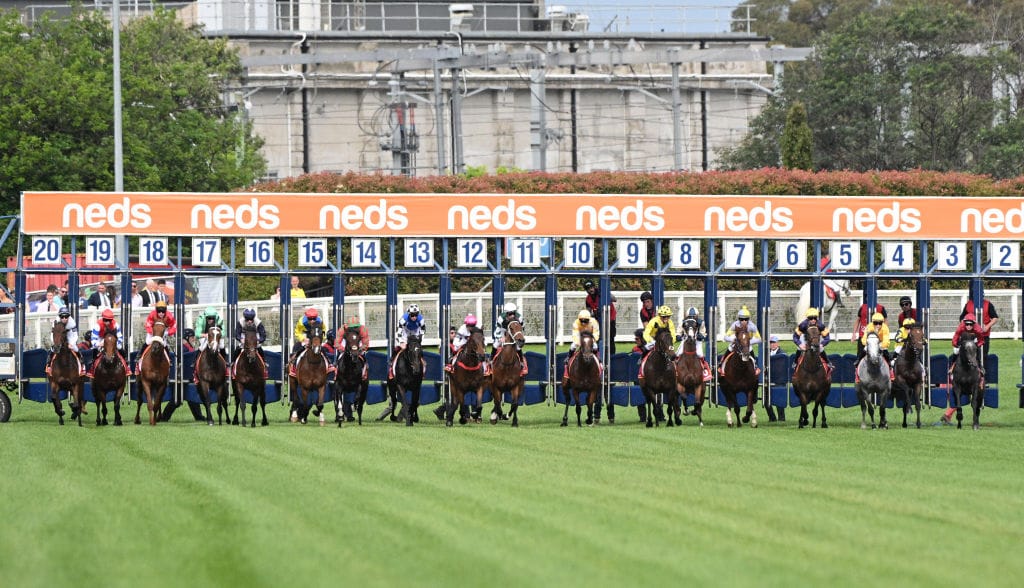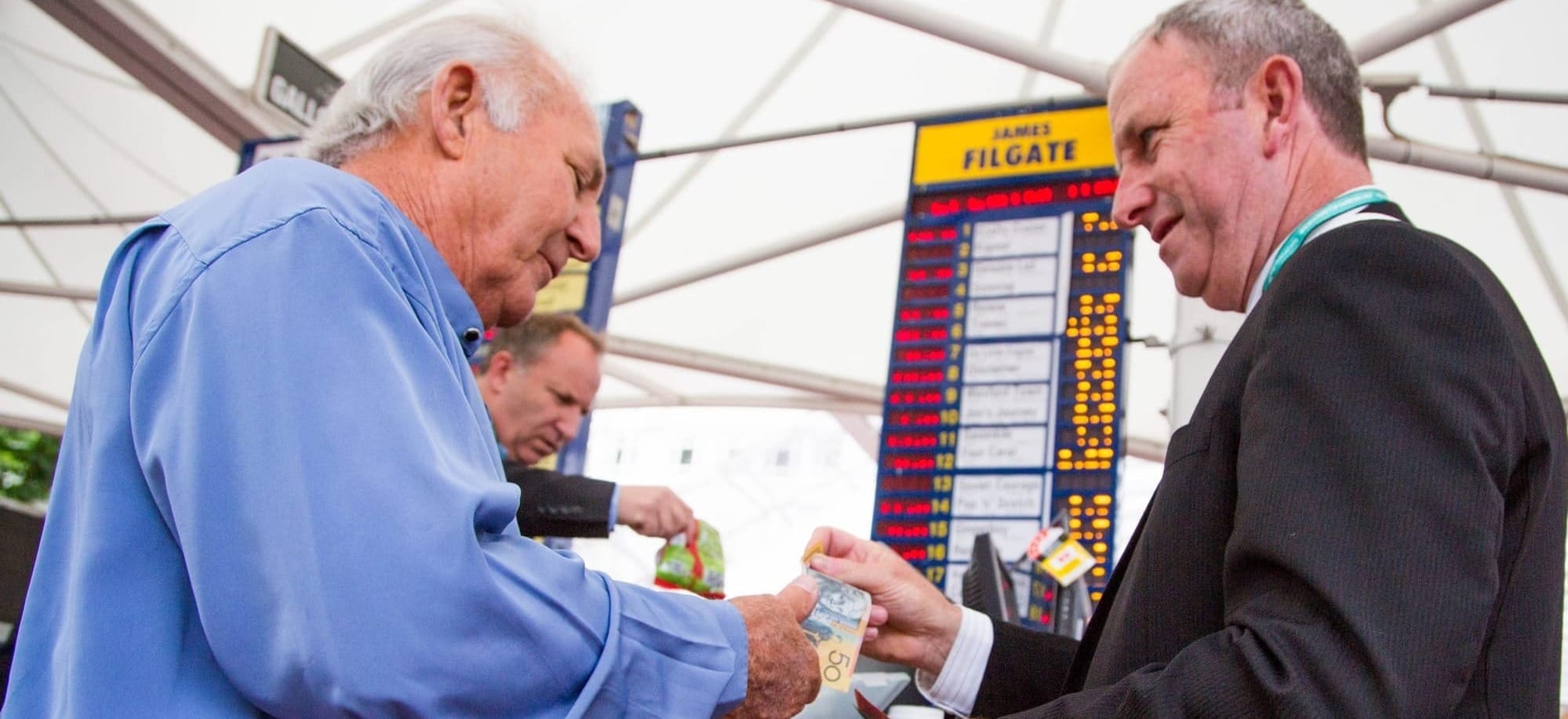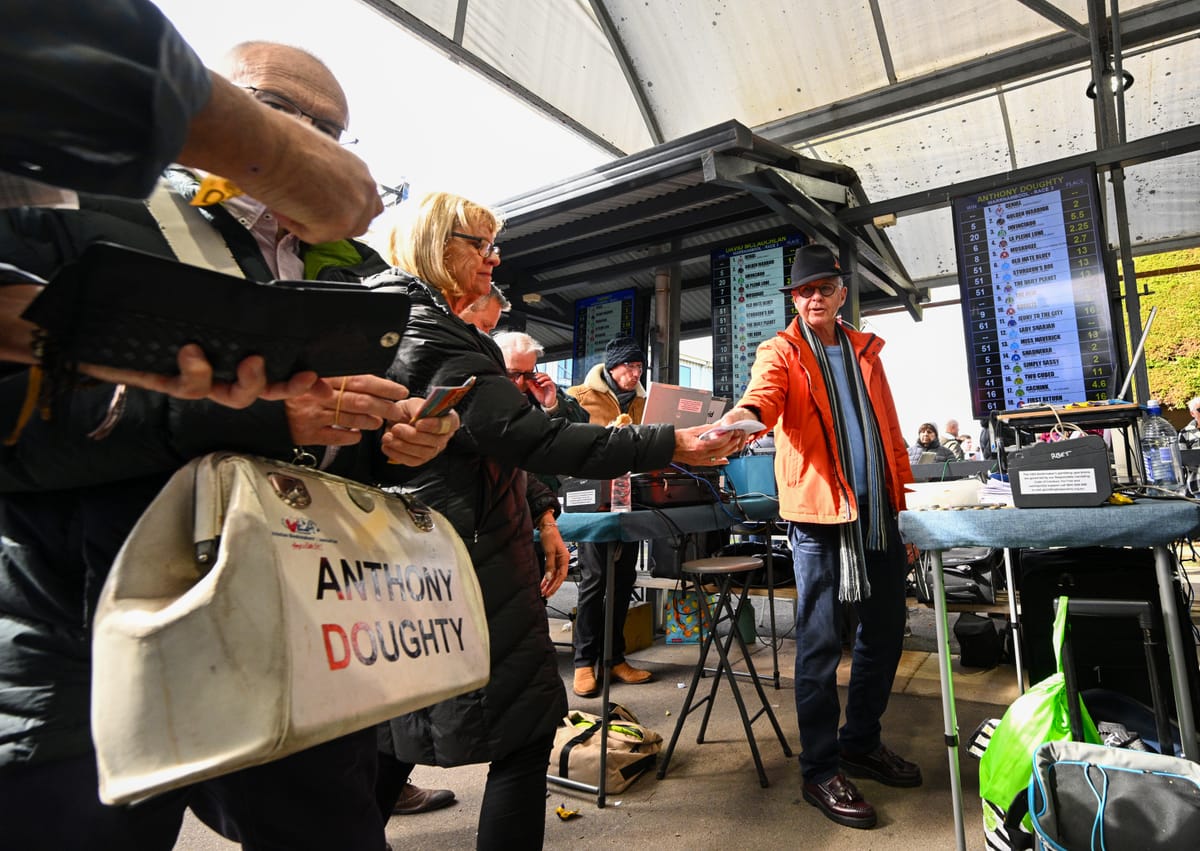Tweaks in troubled UK affordability checks a heads-up for Australia
Affordability checks, a regulatory bogeyman man for the wagering and racing industry alike, have haunted the British betting landscape for several years, but a six-month pilot program announced last week has been hailed as a long-awaited step in the right direction.

The perilous commercial model of British racing has taken a significant hit from a government-led Gambling Commission effort to reduce gambling harm, with estimates that up to $1.25 billion in turnover was lost in 2022-23 from the implementation of greater checks on betting behaviour.
Measures supposedly designed to reduce betting harm have resulted in an inconsistent and ad-hoc landscape of affordability checks, which anecdotally have decimated turnover, boosted unregulated betting and have raised concerns over privacy.
This has led to a strong response from racing regulators, wagering companies, and racing media, who are campaigning for tweaks to a system that initially had the Gambling Commission proposing to impose checks on those spending as little as £100 a month.
The Gambling Commission and the Betting and Gaming Council have now announced a six-month pilot program of enhanced affordability checks, to begin in August, which it hopes will provide a more uniform experience.
A voluntary ‘Code on Customer Checks’ will operate until the promised ‘frictionless’ affordability checks proposed by the government are developed, tested and implemented.
Under the code, net deposits of over £25,000 in a 12-month period would require a punter to provide financial documents proving they can afford that spend. This is now the only threshold that would prompt a request for documents.
Deposits of more than £5,000 in a month would result in a bookmaker needing to conduct a risk assessment on gambling harm.
At the lower level, under the pilot program, those depositing up to £500 in a month from August 30 would be subject to enhanced checks, utilising publicly available data and credit reference checks.
That threshold would drop to £125 a month from the end of February 2025 and could also involve interactive questionnaires, telephone and live chat interactions, and requests to set a deposit limit. However, punters would not be required to submit financial documents.
As well as giving the Gambling Commission an opportunity to assess the new measures, it also buys some time until systems are developed to set-up ‘fully frictionless’ affordability checks, conducted entirely in the background without impacting the punter.

“We have listened to the views expressed in our engagement and in the consultation responses, and we have made changes while still ensuring that we deliver meaningful protections,” Gambling Commission chief executive Andrew Rhodes said.
Following the pilot, Rhodes said the Commission will decide whether permanent rules should be implemented.
“This will not be done until the data-sharing is frictionless for the vast majority of customers who are checked.”
BHA chief executive Julie Harrington was cautiously optimistic about the development but still holds concerns about other government measures.
“We’re reassured that the government has listened to racing’s long campaign against the affordability checks it first set out in its white paper more than a year ago,” Harrington told the Racing Post.
“It’s also to the credit of racing fans and the wider racing industry that their lobbying of the government, whether through taking part in our Right to Bet survey or signing the petition to trigger February’s Westminster Hall debate, has so clearly been heard.”
The BHA is urging reform of the Horserace Betting Levy, which funds British horseracing directly from bookmakers.
Harrington has previously argued that the levy needs to be boosted given that affordability checks have seen its revenue drop. The government is currently reviewing the structure of the levy.

However, the other concern from the BHA is the prospect of new anti-money laundering (AML) rules which could lead to greater checks of punter behaviour on top of the affordability measures.
The complexity of the British situation, and the inconsistent way affordability checks have been handled to this point, prove a salient lesson to those spearheading reform in Australia.
While affordability checks did not specifically feature among the 31 recommendations of the “You Win Some, You Lose More’ parliamentary inquiry last year, there is a prospect they could be considered in Australia.

The report said that there was evidence that ‘universal mandatory pre-commitment, with a requirement for individuals to prove they can afford to gamble at higher levels, may offer the best protection for people who are struggling to control their gambling, this may be too much of an imposition for most people who gamble’.
Significantly, Recommendation 17 of the Report was that the evaluation of the National Consumer Protection Framework would “examine the strengths and weaknesses of universal, mandatory pre-commitment systems overseas, in comparison to Australia’s current voluntary system, and undertake further reforms if it can be demonstrated that an alternative approach will drive improved outcomes overall.”
Communications Minister Michelle Rowland is still considering that parliamentary report with the wagering and racing industry on tenterhooks as to how far any new measures may extend.
Lobbying from all sectors has taken place in the 10 months since it was released. The impact on the racing industry is estimated to be anywhere between $100 million and $1 billion, depending on which recommendations are applied.
“We’re reassured that the government has listened to racing’s long campaign against the affordability checks it first set out in its white paper more than a year ago” – BHA chief executive Julie Harrington
There has been no timeline from the federal government as to when it will announce its position on gambling reform.
In a wagering market already undergoing a major contraction of anywhere between 10-20 per cent (depending on who you ask) over the past 18 months, a move toward affordability checks, would create even greater pressure on the commercial model of both wagering companies and the racing industry.






